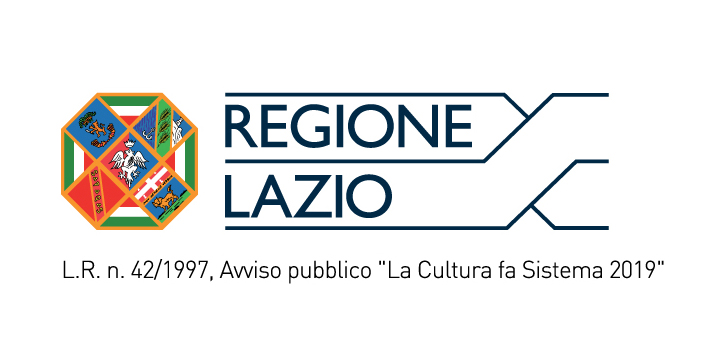In today’s interconnected world, trade agreements and organizations play a crucial role in shaping the global economy and impacting individuals and businesses alike. These agreements and organizations facilitate cross-border trade, encourage economic growth, and provide numerous benefits to various stakeholders.
One prominent example of the significance of trade agreements is the ASEAN-China Free Trade Agreement. This bilateral agreement between the Association of Southeast Asian Nations (ASEAN) and China has unlocked immense trade opportunities, promoting increased commerce and investment flows between the participating nations. It has led to the elimination or reduction of tariffs on a wide range of goods, benefiting businesses and consumers alike.
On the other hand, when it comes to labor relations, enterprise bargaining agreements are paramount. Organizations like Queensland Health in Australia utilize these agreements to negotiate working conditions and wages with their employees. These agreements ensure that both parties have a fair say in determining their employment terms, fostering harmonious relationships within the workplace.
Moreover, international business transactions often involve car hire agreements. Whether it’s for corporate travel or personal excursions, such agreements provide individuals and companies the flexibility of accessing transportation services without the burden of ownership. These rental agreements typically outline the terms, conditions, and responsibilities of both the renter and the car hire agency.
In legal matters, the usage of specific agreements is of utmost importance. For instance, a holding deposit agreement is commonly used in real estate transactions. This agreement ensures that a potential buyer secures the property by submitting a deposit, while the seller agrees to take the property off the market for a specified period. It serves as a legally binding commitment between the buyer and seller during the property purchasing process.
When it comes to international trade, organizations like the World Trade Organization (WTO) and regional trade blocs significantly influence global business dynamics. These entities establish and enforce rules, resolve trade disputes, and promote fair trade practices among member countries. Understanding the impact of such trade agreements and organizations is crucial for individuals and businesses alike.
Furthermore, knowing the legal and contractual aspects of business is essential for entrepreneurs. For example, having a clear understanding of contract law enables business owners to protect their rights and obligations when entering into agreements. Being aware of terms like non-compete agreements and learning how to say them in different languages can be valuable in expanding business operations internationally, as demonstrated by the question, “How do you say non-compete agreement in Spanish?”
It is also important to consider the protection of vulnerable individuals when it comes to contracts. Contracts with mentally incompetent individuals require careful handling to ensure fairness and legal compliance. These contracts should adhere to specific guidelines and be subject to legal scrutiny, as explained in the article on contracts with mentally incompetent individuals.
Last but not least, simplicity and efficiency are often valued when it comes to legal documentation. The concept of a one-page partnership agreement demonstrates the desire for concise and easily understandable contracts, particularly in the context of business partnerships. Such agreements streamline the process and make it more accessible for parties involved.
Overall, trade agreements and organizations have a profound impact on individuals, businesses, and economies worldwide. Whether through facilitating international trade, protecting rights, or ensuring fairness in contractual relationships, these agreements and organizations shape the global economic landscape. Understanding their implications is vital for navigating the complexities of the modern business world.


